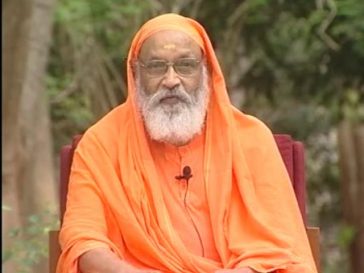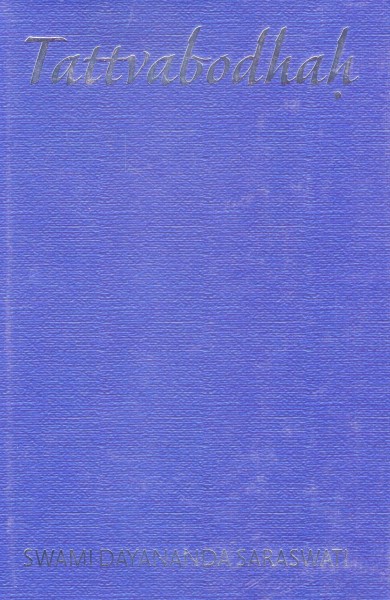“It is a very important question. Who wants crutches? Who is the person who wants crutches? The one who cannot stand on one’s own legs. As long as you are insecure on your legs, you want crutches, you need crutches. The one who is secure does not need them. Crutches are not a part of your outfit. You do not dress up nicely and don some crutches also! No. People need crutches only when they feel insecure on their own legs. The more you need crutches, the more insecure you feel. Tell me now, do you want crutches or do you want freedom from insecurity?
Nobody wants crutches. The more crutches you have, the more insecure you are. And there are many crutches. Finances are crutches, name is a crutch, fame is a crutch, power is a crutch, community is a crutch. All these are crutches. You want to become a member of a community so that you will feel good, which is why all cults will tell you, “You are special.” Somebody is there to keep you under their control, telling you that you are someone special, that it is you against many.
When we seek security, it means we feel insecure. There is nothing wrong or right here. We are only trying to understand what is going on. We are not making any judgement that this person is right and the other one is wrong. ‘Right and wrong’ is not the point. What we are trying to get at is, we feel insecure about ourselves. Being self-conscious, the human being is insecure. And there are definitely reasons for this sense of insecurity, but they seem valid according to the person.
We are going to analyse these reasons that seem to be very valid. We are going to question their validity by seeing thoroughly the fallacy of all those arguments that seem to support the sense of insecurity. If they do not have a standing, they fall apart; naturally, the insecurity also goes away along with them.
It is important to understand that you are not seeking security. You cannot stand being insecure. It means you are seeking freedom from insecurity. When you seek freedom from insecurity, should you seek security or should you question, “Why am I insecure?” When you seek security, you are taking youself for granted as someone who is insecure; you have already concluded that you are insecure.
Now, how real is this conclusion? What are the reasons for it? All these we analyse. That is the viveka here. “Am I really insecure, or is something else insecure which I take to be myself, and then feel insecure?”” – Swami Dayananda Saraswati, Tattvabodhah

